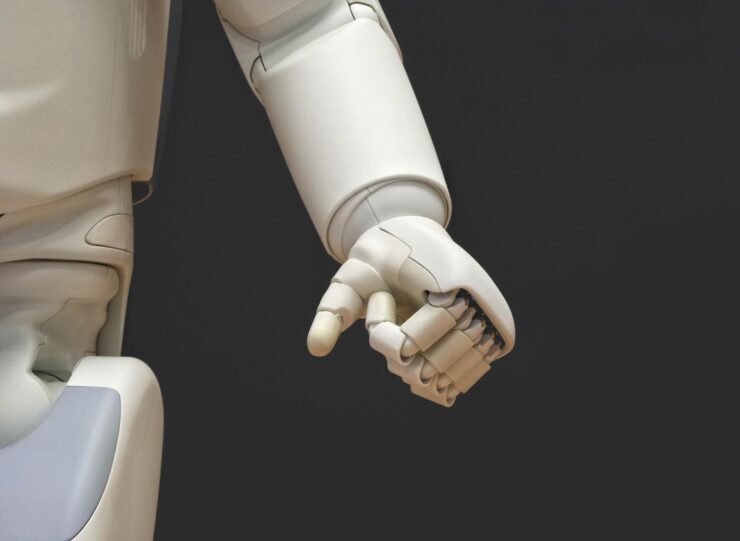Industrial automation – the world around us is changing faster and faster. Speed is a key variable and we can’t keep up with it. In Industry 4.0, we don’t tell you what to do: things talk to each other and start to set new rules of the game for us. The fourth industrial revolution has begun, and soon we will be living in a world full of new technologies, new connections, new values and new meanings. what will they be This trend is about how to navigate these global changes and find your place in a new era: the age of machines.
Four pillars of Industry 4.0 technology trends
- Incredible growth in data, computing power and connectivity, especially on the new low-voltage grid.
- There are opportunities to collect, analyze and process business information.
- New forms of human-computer interaction, such as touch interfaces, augmented reality systems and portable electronics.
- Simplify the transfer of digital instructions to real environments such as advanced robots and 3D printers.
The acceleration of the digital transformation of the manufacturing industry indicates that we are entering the era of smart enterprises. The introduction of multiple devices equipped with sensors and the ability to collect, transmit and change data in real time has resulted in previously unattainable levels of understanding and control of events. This allows you to ensure a high level of organization of communication between tools, control devices and operators. This technological trend, known as Industry 4.0, is enabling companies to gain a deeper understanding of their processes, allowing them to spot potential problems before they arise.
Future cooperation to build a smart enterprise
This cooperation will bring maximum benefits to the company’s customers and partners. Industry 4.0 has the potential to change the path of manufacturing transformation by reducing downtime, maximizing flexibility in manufacturing processes, and lowering production costs. From a global perspective, the concept of Industry 4.0 is a well-known concept that involves the transition of production to digital technologies.
What did all the industrial revolutions bring?
The first industrial revolution was characterized by the introduction of mechanization through the use of water and steam power, the second phase created the concept of mass production based on the use of electricity, and the third phase was the intensive use of computer technology and process automation. We are currently witnessing the fourth technological breakthrough in the field of manufacturing, the creation of smart enterprises using cyber-physical systems and the communication possibilities that IoT technology enables.
According to industrial automation experts, Industry 4.0 is driven by technological trends:
-
-
- Create the ability to collect and process information for management accounting and analytics. New forms of human-computer interaction, such as touch interfaces, augmented reality systems and portable electronics.
- Improve the transmission of instructions to the physical world using digital technologies such as advanced robotics and 3D printing equipment.
- Germany is considered the cradle of Industry 4.0. The name of the concept comes from the national strategic plan, which aims to position the country as a leading supplier of technologically advanced production systems. The country is home to one of the most competitive manufacturing industries in the world and the industry is supported by a network of state-of-the-art research and development companies.
-
Industry 4.0 in the automotive industry
A strong German mechanical engineering industry, significant global IT capabilities, and expertise in system integration and automation mean the industry has strong prerequisites for the automotive industry. This now means a growing demand for process control technologies designed to further improve process quality while lowering operating costs.
The industry welcomes the advent of Industry 4.0 technologies as the engine of innovation, and the industry is already transforming automation, data communications and manufacturing technologies to take advantage of the emerging opportunities. Safety-critical bolt tightening parameters are monitored and analyzed, and the recorded data is used to optimize the process.
Based on the Internet of Things, Industry 4.0 offers significant value to auto parts suppliers at low cost. The evolving digital transformation has given the industry the tools to better respond to growing market demands. Reducing system downtime, increasing productivity by automating and optimizing resources, and reducing maintenance costs are key factors.
Industry 4.0 technologies increase the efficiency and competitiveness of processes and open up new sales opportunities. In component factories, the introduction of Industry 4.0 technology offers great potential, especially in the area of preventive maintenance. Continuous recording and analysis of process data can predict the occurrence of system failures and errors, correct defective components and increase productivity.








